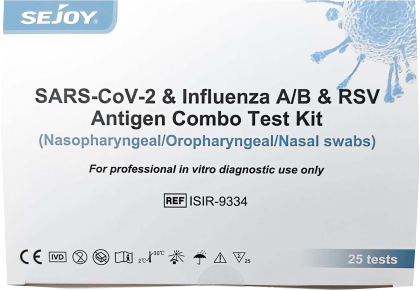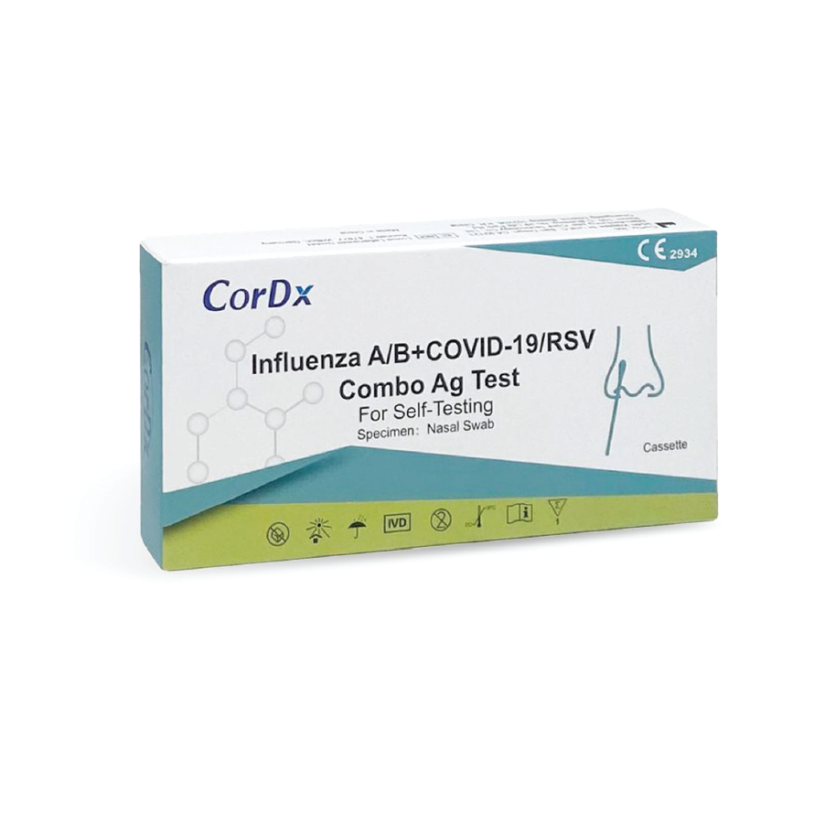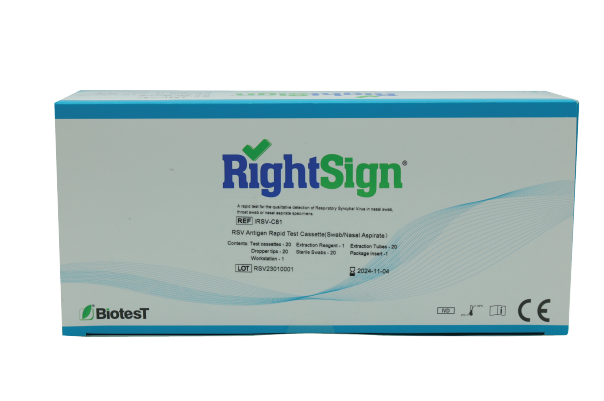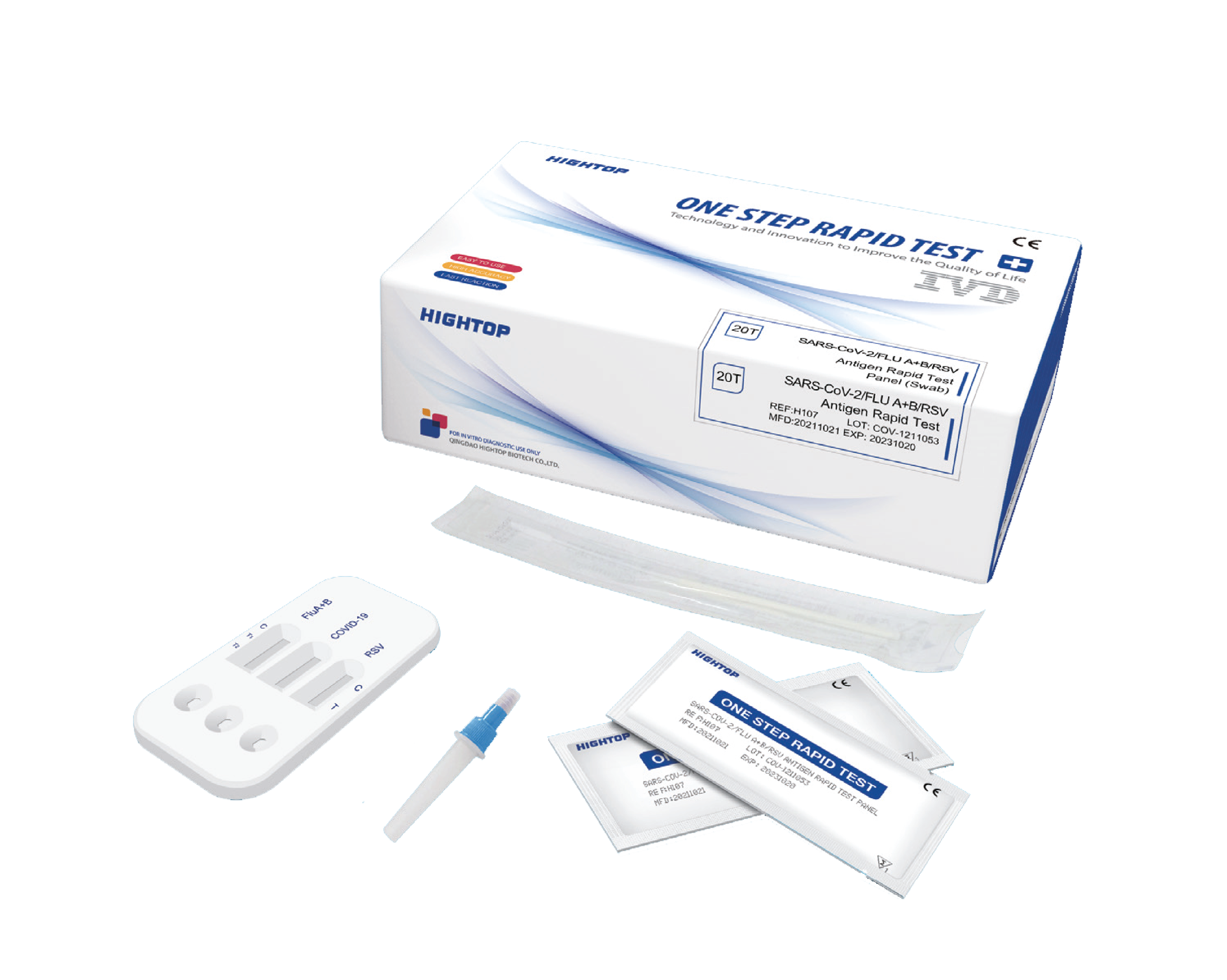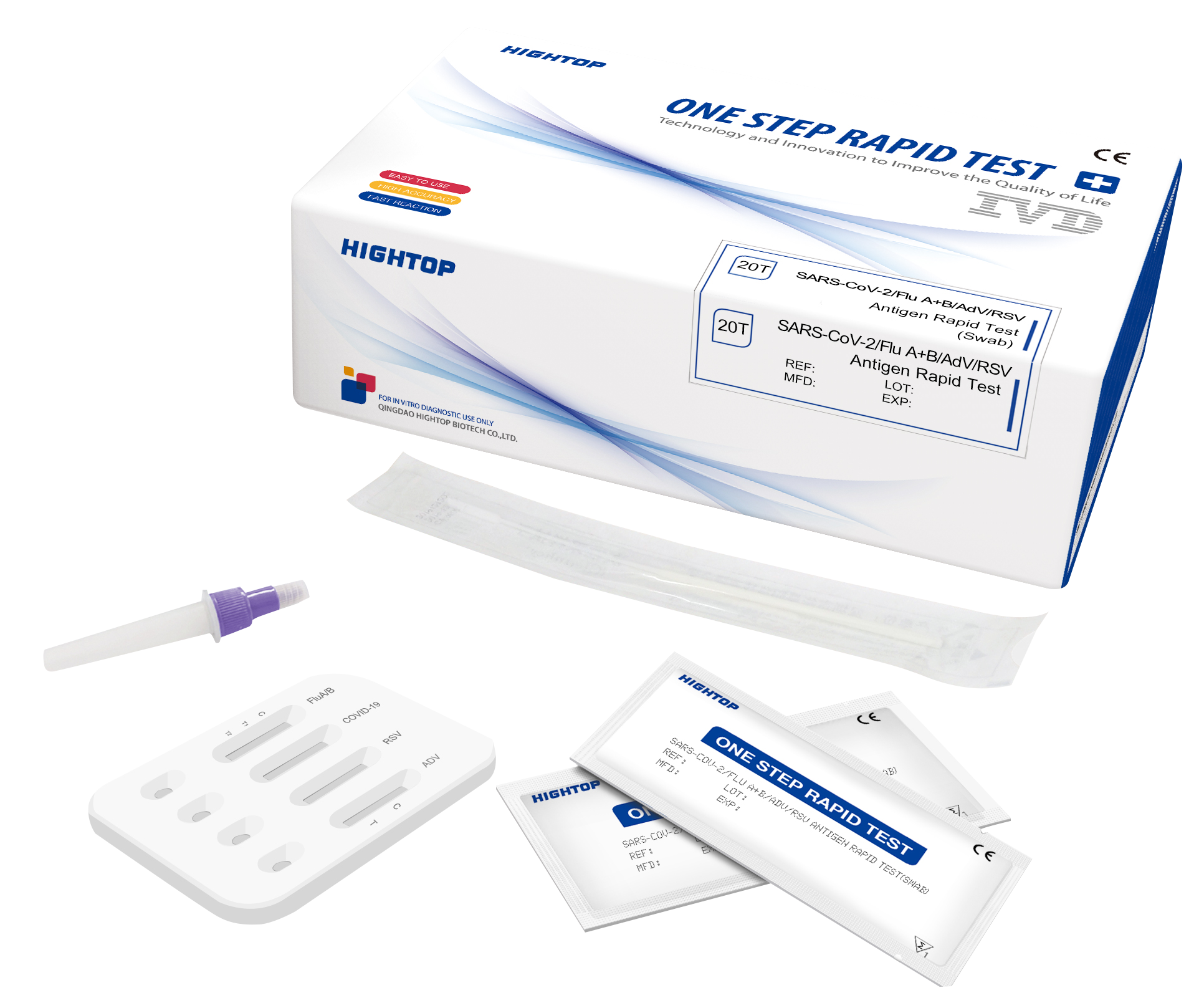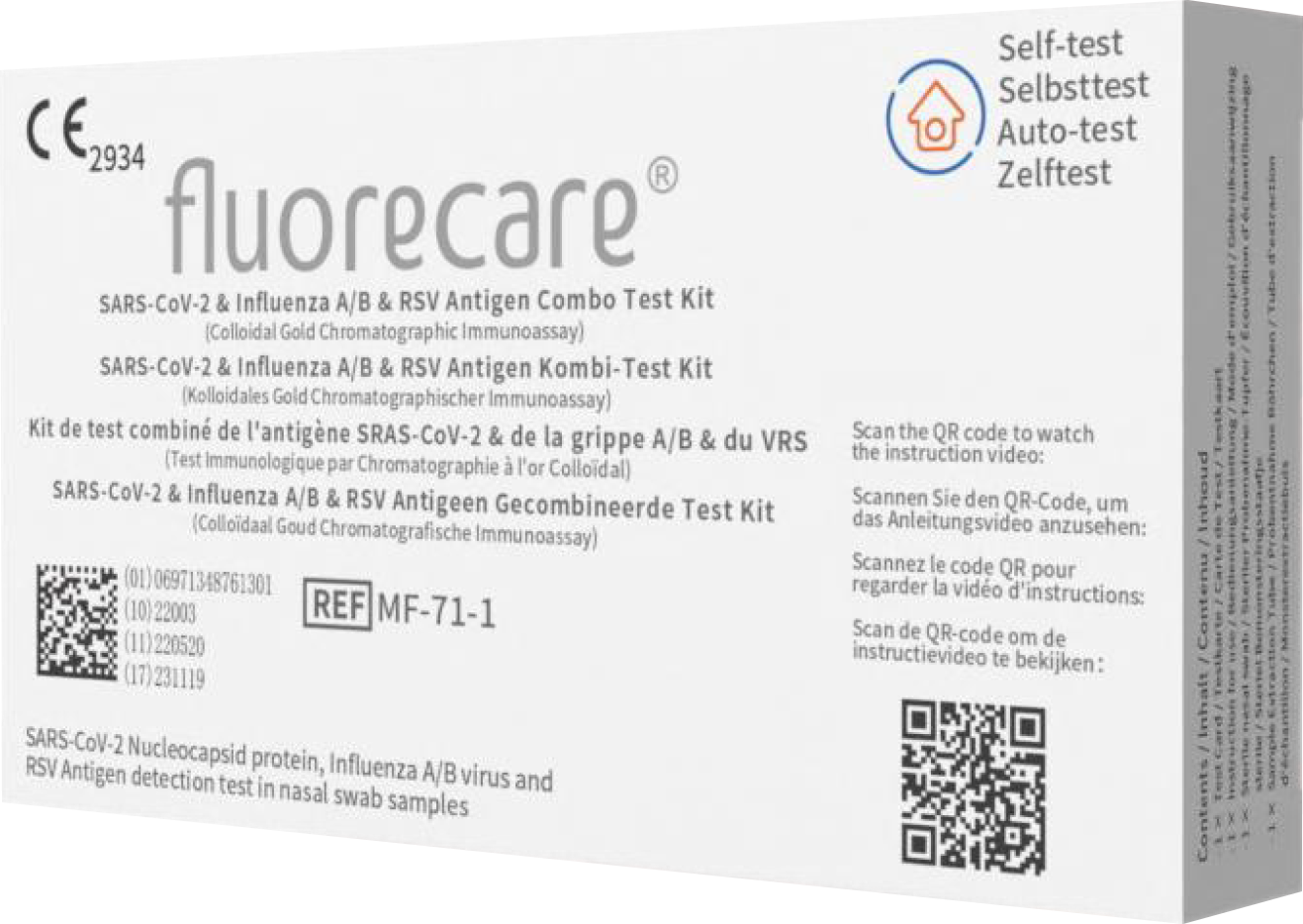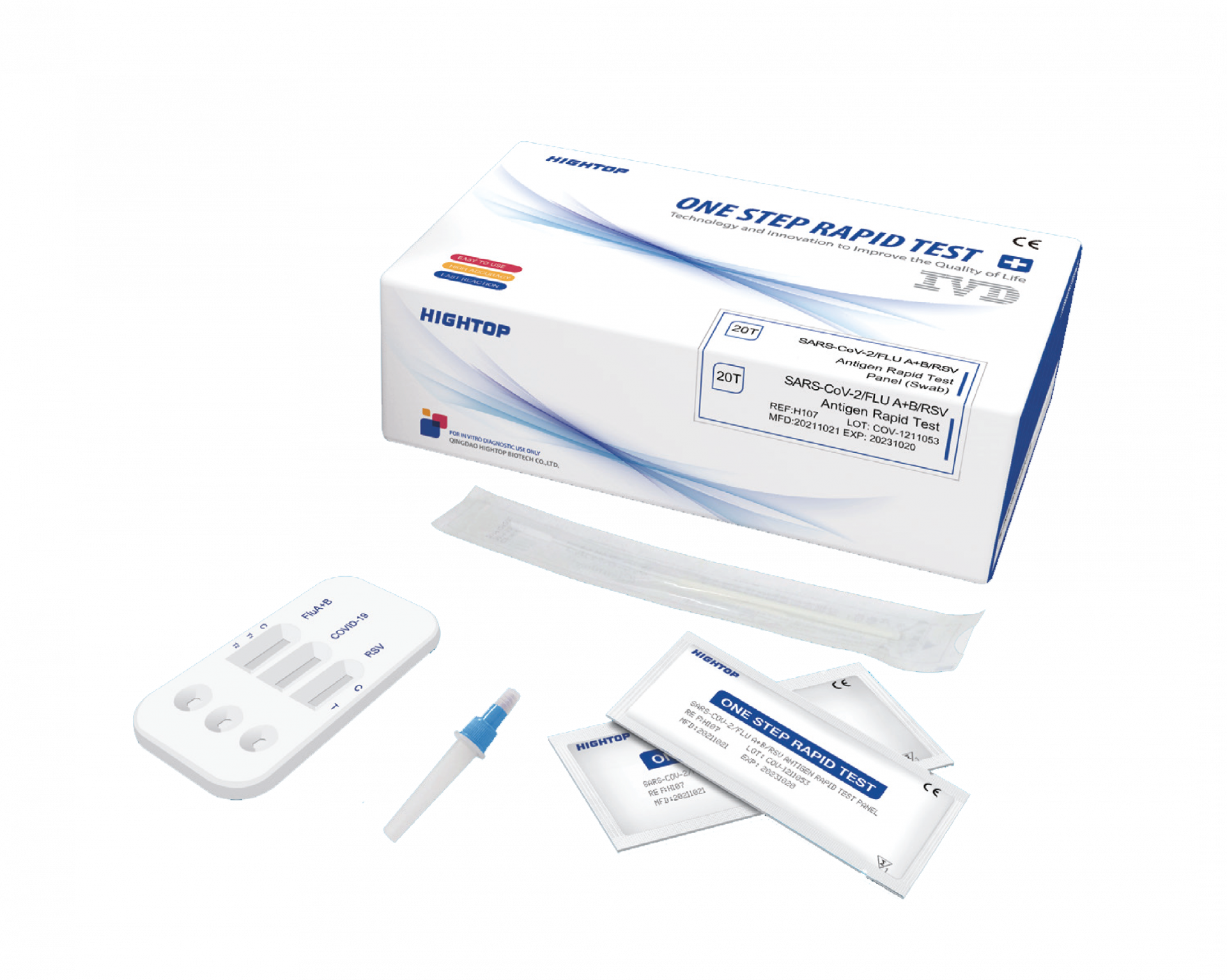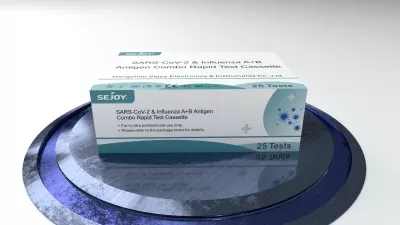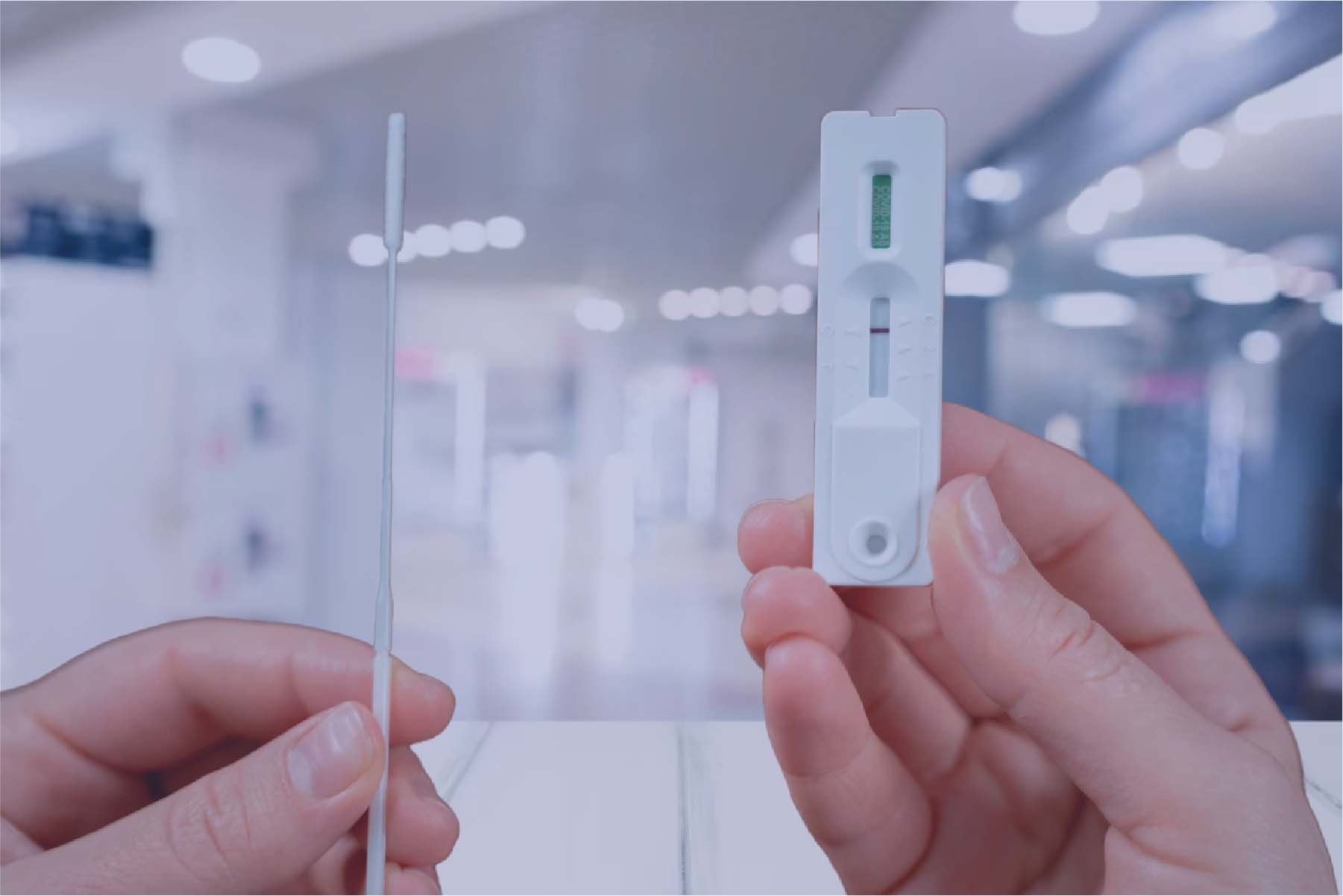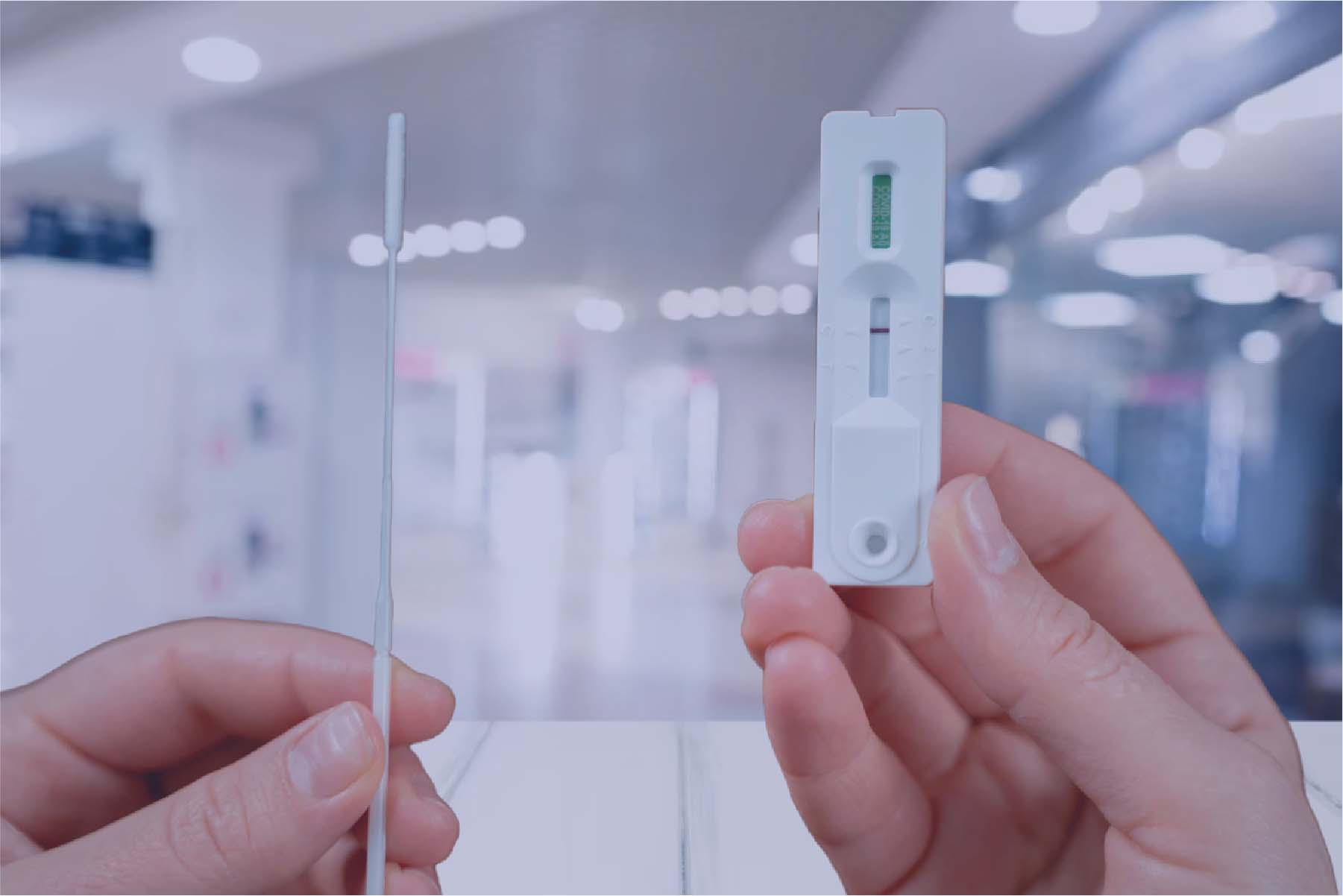RSV Test
RSV tests are essential for early detection and accurate diagnosis of respiratory syncytial virus infections. We aim to provide doctors, healthcare providers, and clinics with the best-of-class RSV diagnostic tools. The Rapid results and high accuracy empower timely treatment decisions and infection control measures, ensuring optimal patient care and health.
Recommended Solutions for Accurate RSV Rapid Antigen Test
We are delighted to continue offering you RSV Test Kits—available in both professional and at-home formats—as well as Combo Test Kits and Influenza Tests to ensure timely and reliable RSV detection.
FAQ for RSV Test - Rapid Antigen Test for RSV
The available RSV Test helps in the early detection of Respiratory Syncytial Virus, guiding prompt treatment decisions and infection control measures. Typically, samples are taken using nasal or throat swabs. The leading methods are laboratory-based antigen assays and point-of-care rapid tests. Find more details here on test sensitivity, specificity, reliability, and FAQs with step-by-step usage guidelines.
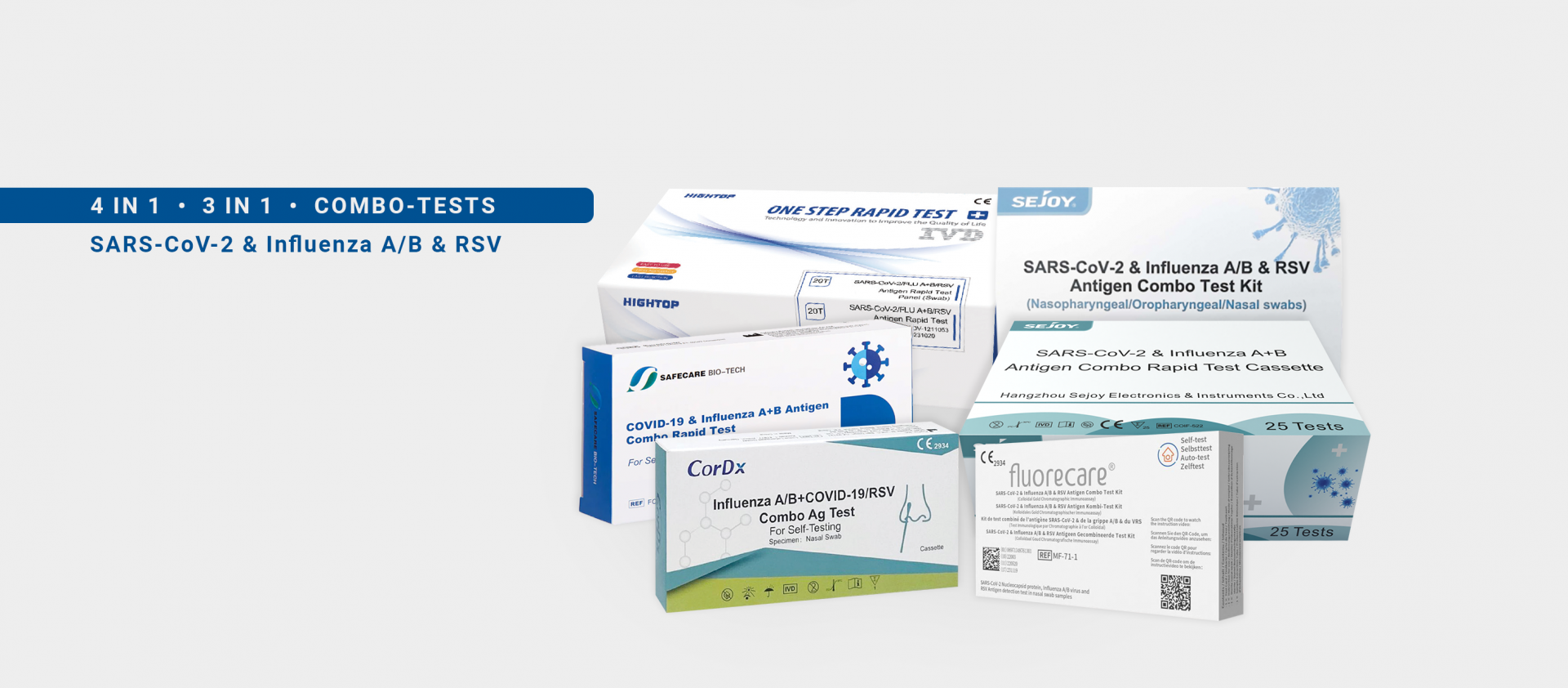
- What varieties of RSV tests are available, and how do they differ?
- How can I evaluate the reliability of RSV Antigen Tests?
- How do RSV Rapid Tests detect infections?
- Who should consider using RSV antigen test kits?
- What is the accuracy of RSV rapid antigen tests?
- What does an RSV-positive test result mean?
- Why are RSV diagnostic tests essential for public health?
- Do you offer other infectious disease tests and a ranking of the best available options?
- Where can I find a comprehensive comparison of RSV test kits?
What varieties of RSV tests are available, and how do they differ?
The varieties of RSV tests include laboratory-based antigen assays, point-of-care rapid tests, and combo kits that detect RSV alongside other respiratory viruses like influenza and COVID-19. These tests differ in turnaround time, sensitivity, and sample processing—typically using nasal or throat swabs—and help identify RSV infection in both children and adults.
Laboratory-based Antigen PCR Tests
This method employs advanced detection techniques to identify RSV antigens with high sensitivity and specificity. Samples, usually collected via nasal or throat swabs, are processed in a controlled laboratory environment. Ideal for detailed diagnostic evaluations, it provides reliable results that are critical when managing RSV infection in infants, older adults, and individuals with weakened immune systems.
Point-of-Care Rapid Tests
Designed for quick results, these tests operate directly at the patient’s side—whether in clinics or emergency rooms—delivering immediate feedback on RSV status. With minimal equipment and easy sample collection, they are perfect when RSV symptoms resemble a common cold, enabling swift clinical decisions and rapid intervention to control outbreaks.
Combo Kits
Combo kits integrate the detection of RSV with other respiratory pathogens like influenza and COVID-19 in one streamlined assay. This consolidated approach simplifies diagnostics during overlapping infection seasons, saving time while ensuring comprehensive screening. They are essential for differentiating between viruses, which is particularly beneficial when symptoms of RSV may be confused with those of other respiratory infections, enhancing patient management and preventive measures.
How can I evaluate the reliability of RSV Antigen Tests?
To evaluate the reliability of Influenza Antigen Tests, check for FDA or CE approval, review sensitivity and specificity data, consult independent expert studies, and verify inclusion on the EU Common List for combo rapid tests. High reliability is crucial when assessing RSV symptoms, especially for vulnerable groups like infants, older adults, and those with weakened immune systems.
How do RSV Rapid Tests detect infections?
RSV rapid tests detect infections by identifying specific antigens from the virus in patient samples. This method works fast and is ideal for detecting RSV infection when symptoms usually mimic those of a common cold—such as a loose sneeze, cold-like symptoms, or congestion—in infants and other affected individuals.
Who should consider using RSV antigen test kits?
RSV antigen test kits should be considered by healthcare providers, clinics, hospitals, parents of infants and young children, and professionals caring for older adults. These tests are valuable when patients exhibit early signs of respiratory infection or RSV symptoms, allowing for prompt intervention before complications like pneumonia develop.
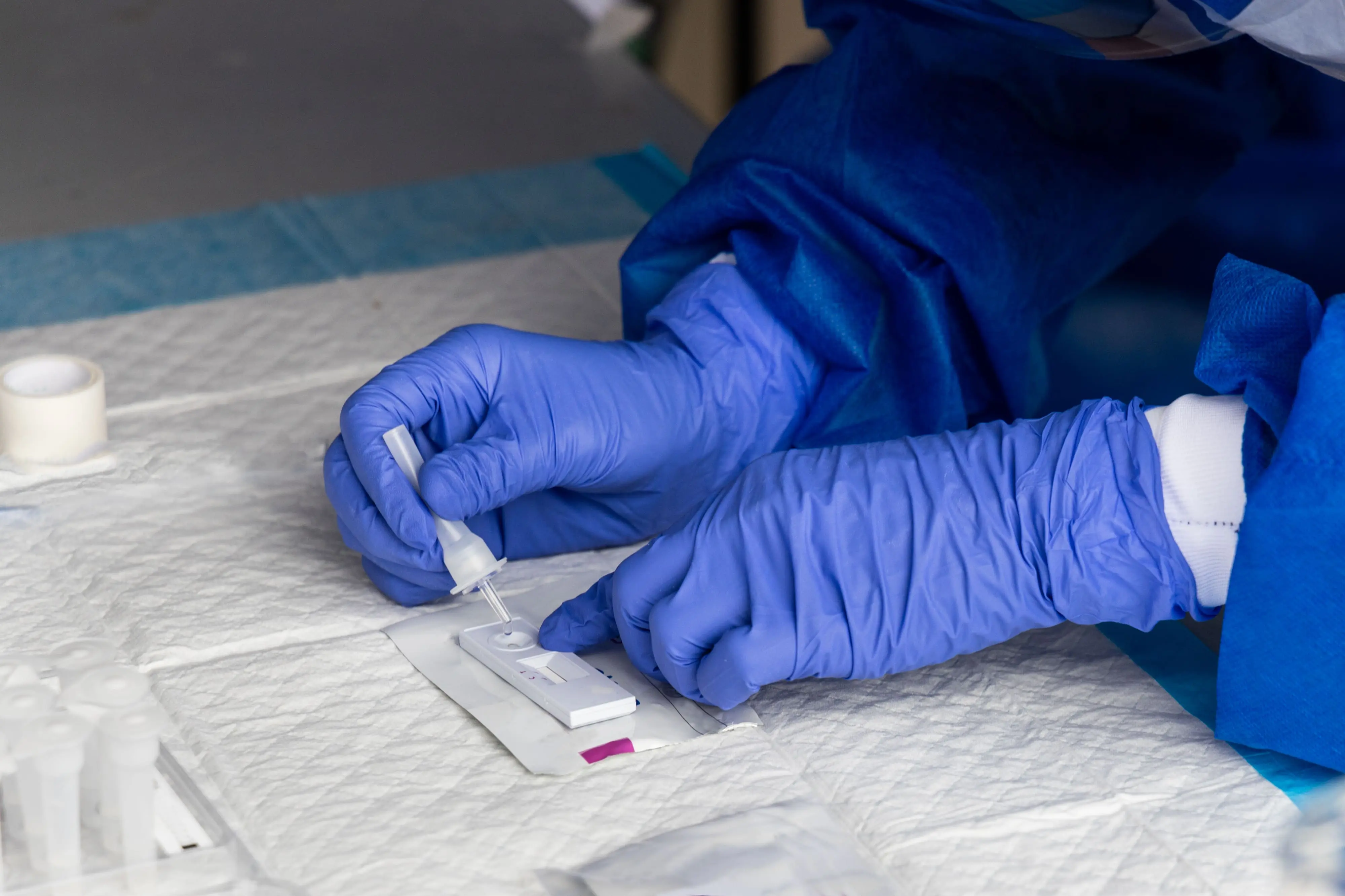
What is the accuracy of RSV rapid antigen tests?
The accuracy of RSV rapid antigen tests generally depends on the testing method used. When performed correctly, these tests provide high specificity and sensitivity. However, confirmatory testing might be required in some cases, especially when symptoms may be mild or overlap with other respiratory viruses.
What does an RSV-positive test result mean?
An RSV-positive test result indicates that the respiratory virus RSV has been detected in the sample. While this infection usually causes mild, common cold symptoms in many cases, it may lead to serious respiratory infection or pneumonia in high-risk populations such as infants, older adults, or those with compromised immune systems.
Why are RSV diagnostic tests essential for public health?
RSV diagnostic tests are essential for public health because they enable the prompt detection of RSV infection, leading to timely treatment and effective outbreak management. Early identification is key to preventing the spread among children and adults, reducing complications when RSV symptoms usually start with mild cold-like signs, and providing critical guidance until an RSV vaccine becomes widely available.
Do you offer other infectious disease tests and a ranking of the best available options?
Yes, we do offer more infectious disease tests :
Influenza Test
Best Product: Cordx 4in1
Self-Test (RSV | Influenza A/B | SARS-CoV-2)
Source: Best Influenza Tests
Combo Test
Best Product: Sejoy
SARS-CoV-2 influenza a+b RSV antigen 4 in 1 combo rapid Test
Source: Best
Combo test kits
COVID-19 Tests (At-home tests) & Covid-19 Professional Test Kits:
Best Covid-19 Self-Test Kits (At-home Tests): DeepBlue COVID-19 (SARS-CoV-2) Antigen Self-Test
Best Covid-19 Product Professional Use: Sejoy Rapid Combo Test 3 in 1 SARS-CoV-2 | Influenza A | Influenza B
Source: Best Covid Tests
Where can I find a comprehensive comparison of RSV test kits?
You can access a comprehensive comparison of RSV tests here. This resource provides detailed insights to help you choose the most suitable option for your needs.

